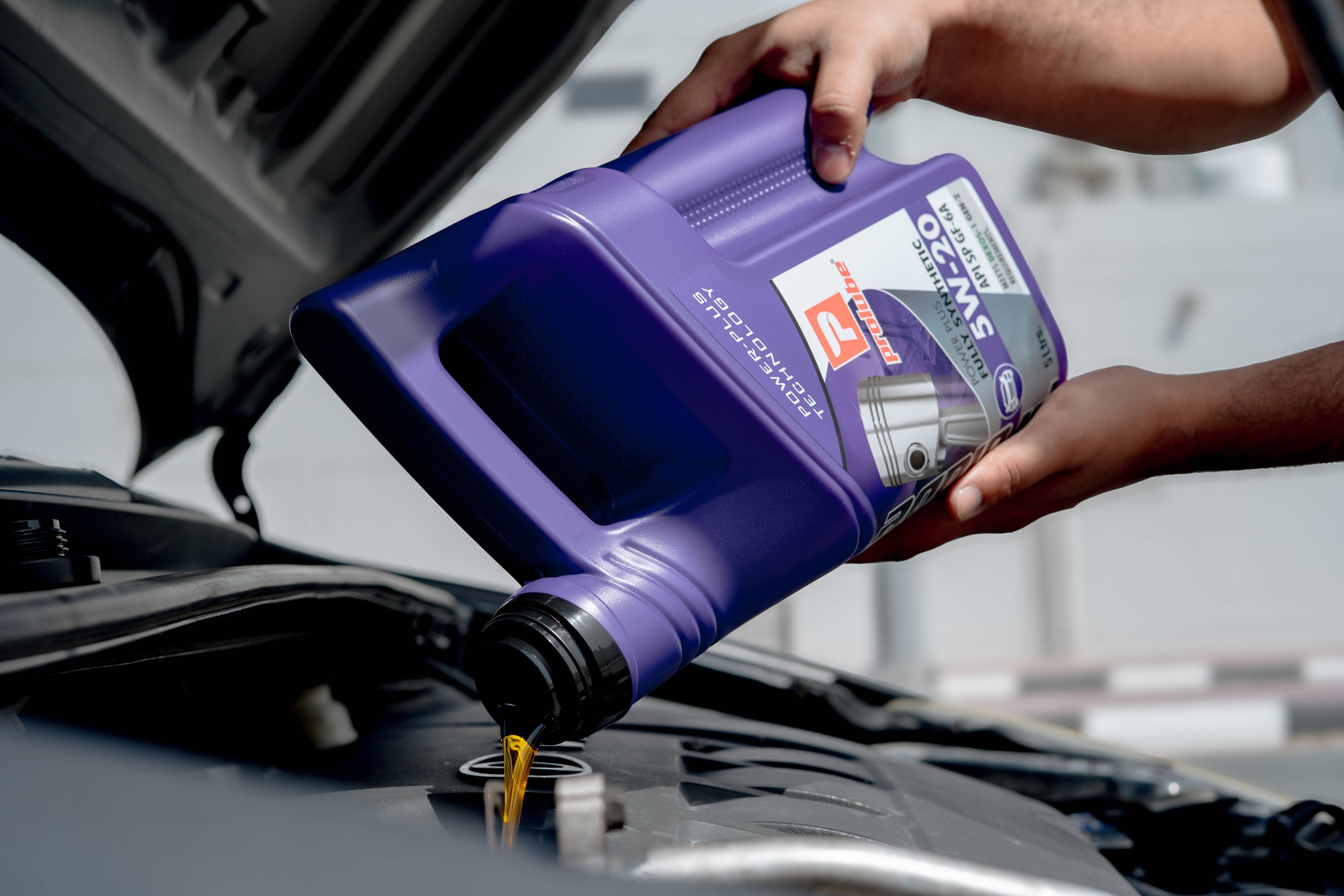If you’ve been using conventional motor oil for any time, consider switching to synthetic engine oil. Many drivers are hesitant to switch because they have heard about compatibility issues, performance issues, and prices that are not true. This guide to conventional versus synthetic oil will discuss whether you can switch to synthetic oil, some benefits, and best practices to consider.Difference in Conventional vs. Synthetic Engine OilBefore determining if you want to switch, it is essential to understand the difference
Many vehicle owners are choosing synthetic engine oil because it offers better performance, lasts longer, and protects the engine more effectively. However, some people still have doubts because of common myths and misunderstandings about synthetic oil. These misconceptions can make drivers unsure about switching from conventional oil.If you’ve ever wondered whether synthetic oil is the right choice for your vehicle, this blog post will help. We’ll go over the most common myths and explain the real facts in simple
When switching from conventional to synthetic engine oil, it’s essential to consider the surrounding temperature. Like all oils, temperature impacts how oil behaves; cold weather thickens it, while heat makes it thinner. Synthetic oils are much less affected by temperature changes than conventional oils. This doesn’t mean they stay the same at all temperatures, but they maintain their consistency better over a broader range of conditions. As a result, synthetic oils are more likely to be used when starting
Engines are the lifeblood of any vehicle, be it a commercial truck, a family automobile, or industrial equipment. One critical component is the engine oil, vital to keeping these engines running efficiently and extending their lives. Among the numerous options on the market, ProLube engine oil stands out for its innovative formulation and exceptional protection. But what makes Pro-Lube the top choice for engine care? The solution lies in the science that defines its formulation.This blog will examine how
Engine oil is often referred to as the lifeblood of an automobile. It plays a critical role in the performance and longevity of an engine, especially when it comes to high-performance engines. In this article, we’ll explore what engine oil is, its functions, and types, and why using the right oil, particularly high-performance engine oil, is essential for your vehicle’s health.What is Engine Oil?Engine oil is a lubricant designed specifically for the moving parts within an internal combustion engine.




